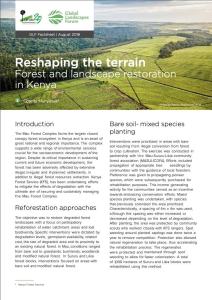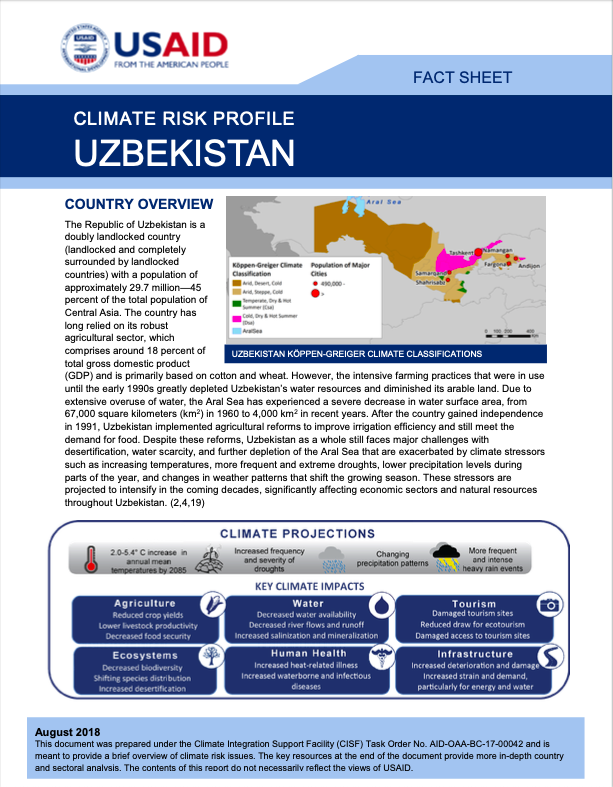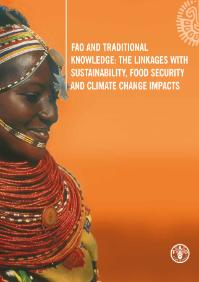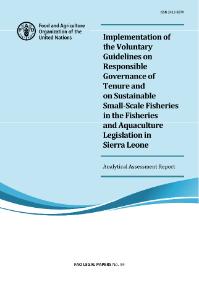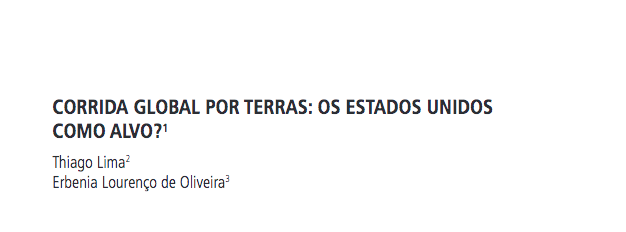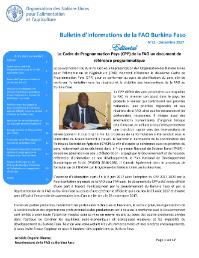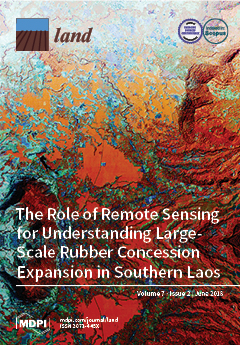Resilience for Sustainable Development in the Lake Chad Basin
The humanitarian crisis in the Lake Chad Basin (LCB) is among the most severe in the world, with more than 10 million people in urgent need of life-saving assistance and protection. As the crisis enters its ninth year, attacks by non-state armed groups remain frequent, and the violent conflict continues to fuel large-scale human suffering, including massive violations of human rights, especially for women and girls, who are often victims of abuse and sexual violence. Communities and individuals in the LCB, especially women, are accustomed to shocks and


